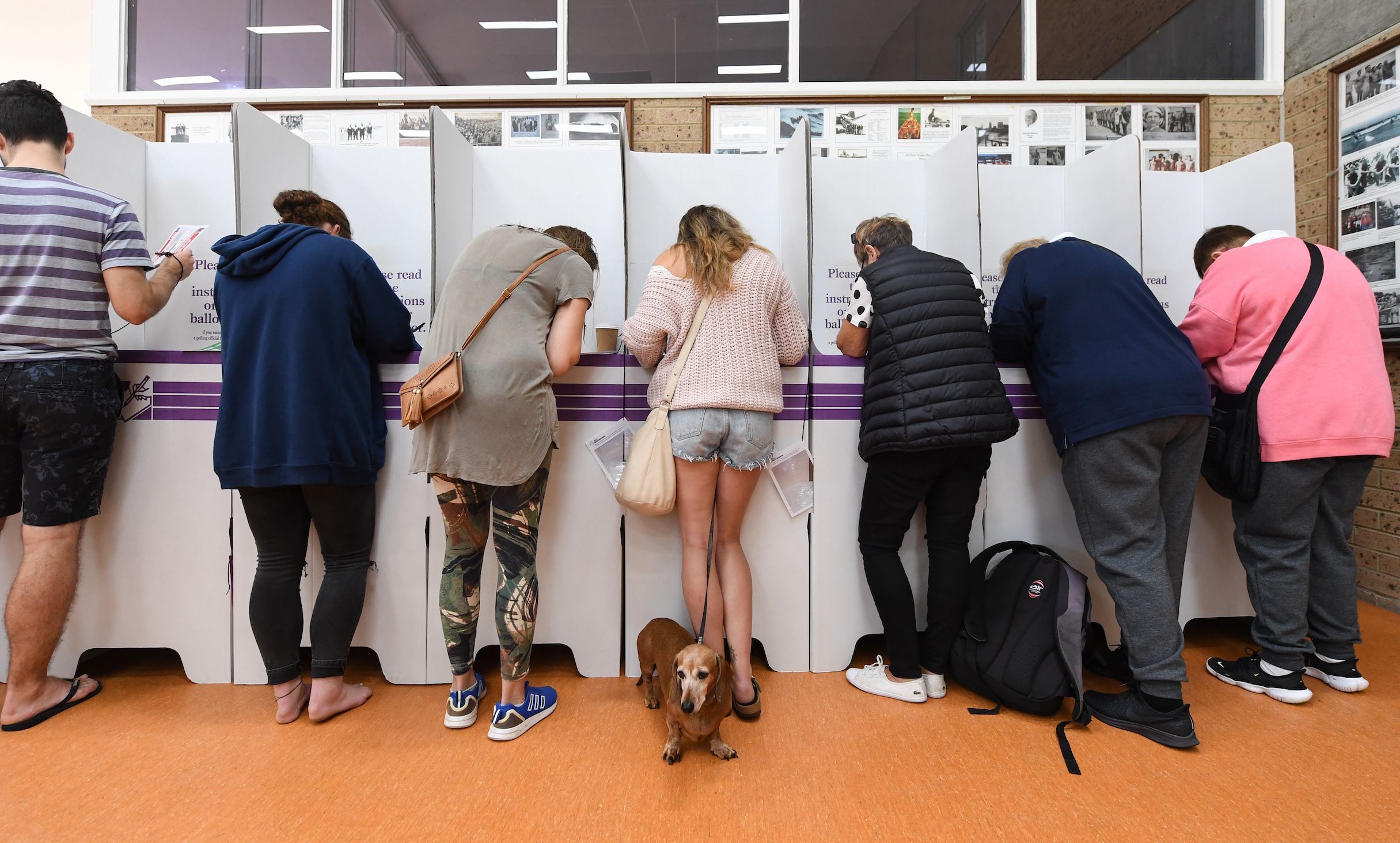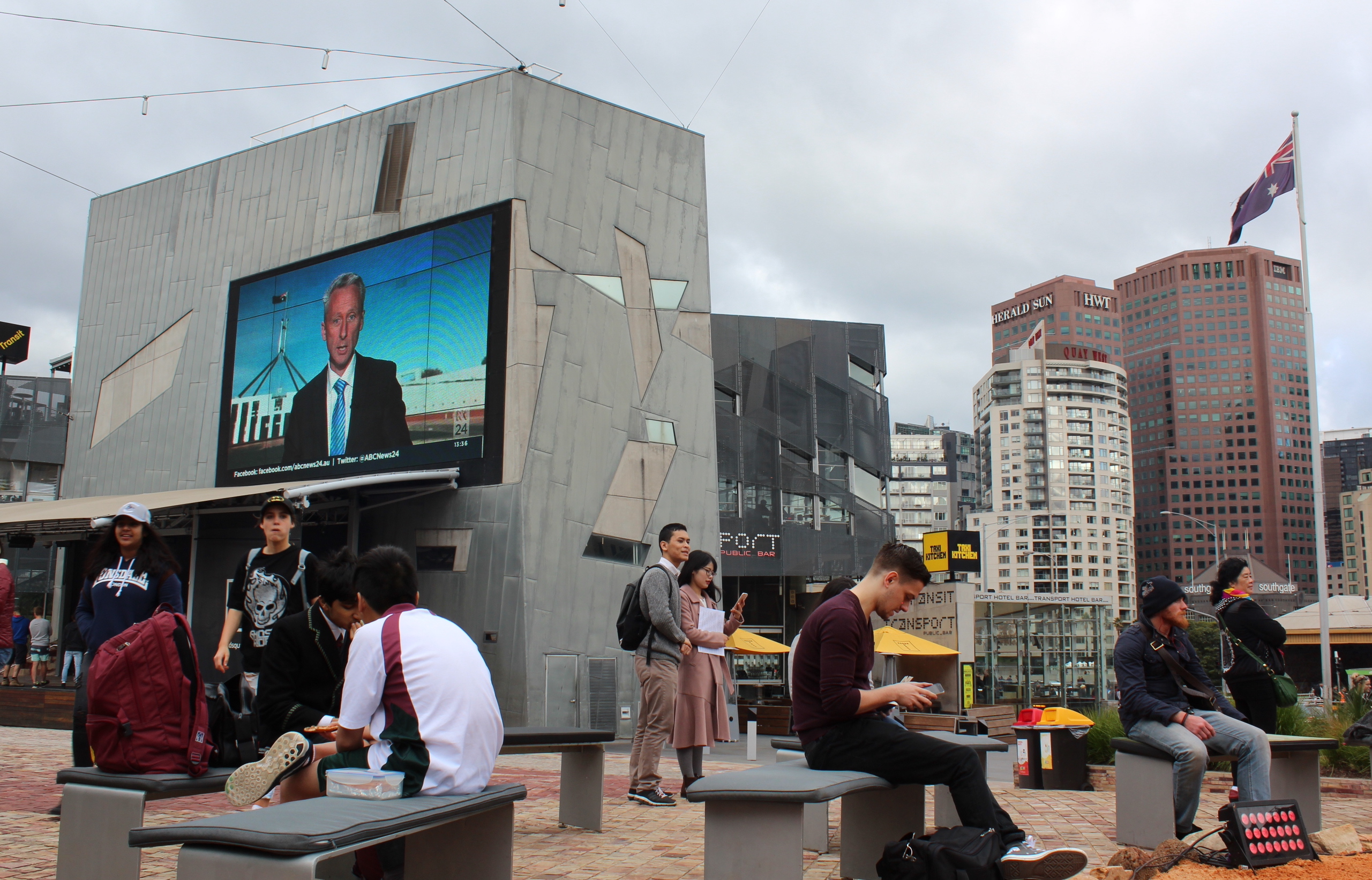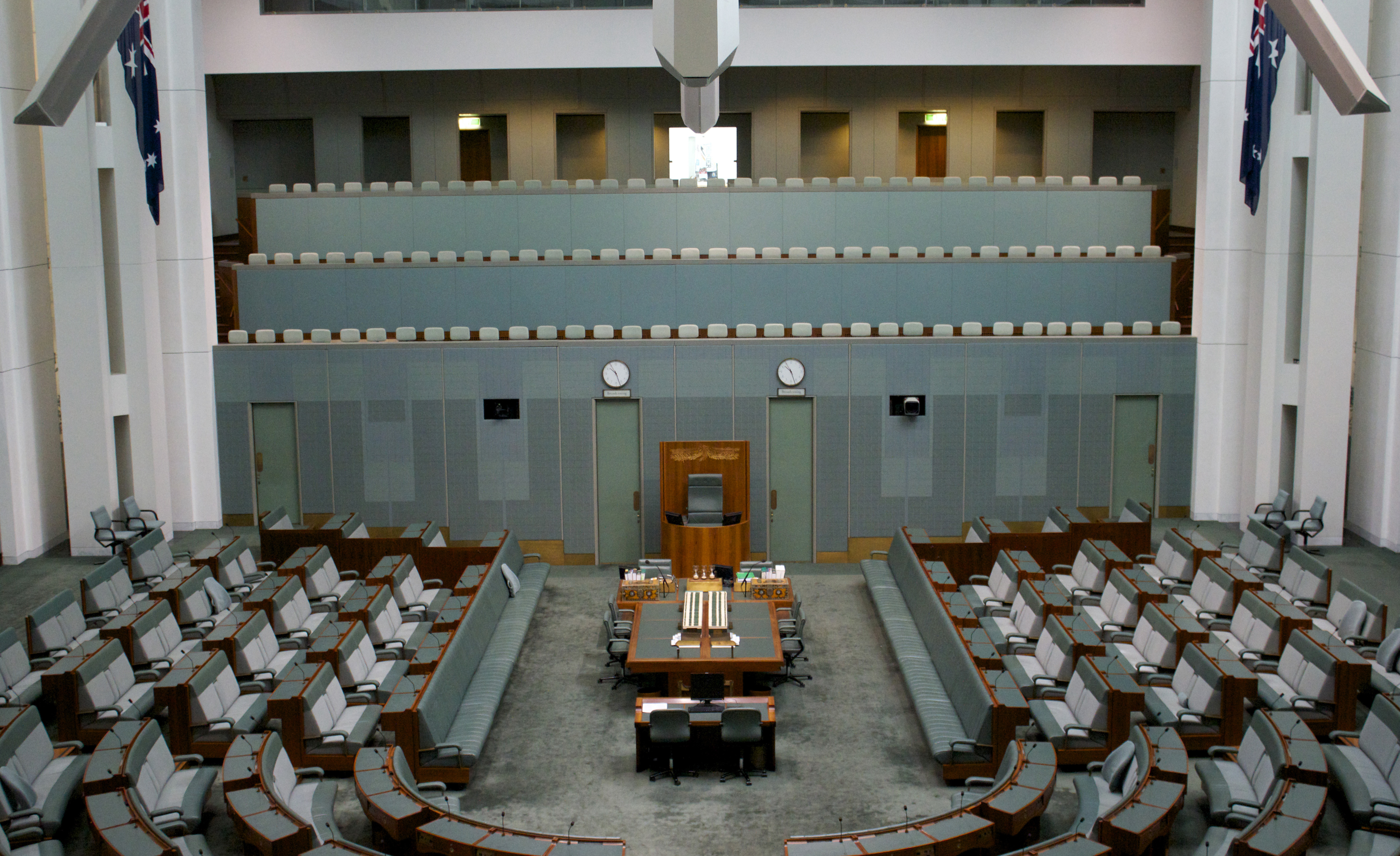
Politics & Society
Australia needs a democracy fix

New research finds there’s democracy gap for young Australian adults, with a distrust of traditional politics but a focus on civic mindedness
Published 20 September 2021
Despite young people’s lack of faith in formal political institutions and processes, they are still enthusiastic about democratic and civil engagement. But many find that this enthusiasm is often thwarted by their work, mobility and family commitments.
Young people’s disengagement from conventional politics is no longer news. One of the major causes for this disengagement is their marginalisation from formal political processes.

Additionally, young people’s pathways for engagement in formal politics are often narrower and their capacity to participate is often questioned.
The end result is that their voices are not being heard through Australia’s traditional democratic processes and their confidence in formal political institutions is undermined.
But does this low level of confidence in key political institutions change after they become fully entitled adult citizens? Or when their political participation is no longer subject to the restrictions and stereotypes often attached to young people?

Politics & Society
Australia needs a democracy fix
Our recent report, part of the Life Patterns longitudinal study, examined the level of confidence Australia’s young adults have in the key institutions and processes that constitute Australia’s democracy: Australia’s political system, the media, and the Federal Government
Our participants were aged 32 in 2020 – falling into the demographic cohort most of us refer to as ‘Gen Y’.
The survey results show that young adults have a low level of confidence in our key political institutions.
Of all institutions, 84 per cent of young people reported their lowest level of confidence in the media – historically a crucial element of constitutional liberal democracy. Many expressed their dissatisfaction with private media organisations like the Murdoch media empire – preferring publicly funded media like the ABC and SBS – while others preferred independent news sources.

The majority of our participants had comments about the media like:
“The mainstream media is dramatised, negative and one-sided.”
“They always have an agenda and use manipulative techniques, so cannot be trusted.”
Of the young adults in our study, 63 per cent expressed low levels of confidence in the Australian political system, and 57 per cent felt the same way about Australia’s Federal government.

Politics & Society
What do Gen X and Gen Y worry about most? Climate change.
This tells us that despite more than a decade of participation in mainstream politics as fully entitled citizens, young people’s confidence in Australian political institutions remains low. This low confidence in traditional politics could also be a shared experience across generations and age cohorts, rather than one limited to young Australians.
Our participants’ underline two main criticisms of Australian politics: the lack of leadership displayed by Australian politicians and the disconnection between politicians, including the federal government, and Australian citizens.
One young adult, a midwife in a capital city, commented:
“Leadership is something lacking in aspects of Australia especially our political system. Especially given recent events – bushfires and COVID-19 currently impacting our society now.”

Another, who is a community service leader in a country town, said:
“I believe the Federal Government isn’t connected with the needs of all Australians - even as a white middle class family we don’t feel represented let alone our friends from diverse backgrounds.”
Despite these low levels of confidence in political institutions and processes, young adults are frequently engaged in community activities, like contributing to charitable organisations and helping the community.

Politics & Society
A generation dislodged: Why things are tough for Gen Y
Our study found that young adults were highly engaged in volunteer work – supporting local sports clubs, helping with churches services, organising charity events, providing free legal and medical advice, accounting assistance and supporting other young people with mental health issues in the local community.
They also expressed a strong desire to be more connected and to have greater participation in their local communities. Some even named civic participation as an area in their life where they need to improve.
However, young adults often find their aspirations and capacity to participate frequently overshadowed by work and family commitments, as well as a highly mobile lifestyle.
In other words, the current COVID-19 conditions threaten the nature and quality of participation in civic life. So do the pressures of modern life according to one marketing supervisor living in a regional city:
“Having two jobs and a mortgage as well as fitting in friends, family, long distance partner and gym means little time to give back which I do feel terrible about.”

A female editor said:
“I guess the fact of moving around a lot has kept me from becoming very involved in my local community. Now that I feel more settled it seems like the next step.”
Our study suggests there is a democracy gap for young Australian adults who feel distrust of traditional politics while still being strongly engaging with civic society.
It highlights the importance of moving beyond the assumption that alienation from formal political processes is simply an age-based phenomenon.
But it also underlines that there is an onus on institutions and government to recognise the lives of those they represent, and in doing so, inspire a culture where young adults’ democratic aspirations can be achieved.
Banner: The Edge of Your Seat mural in Docklands by artist Rone/ Jun Fu